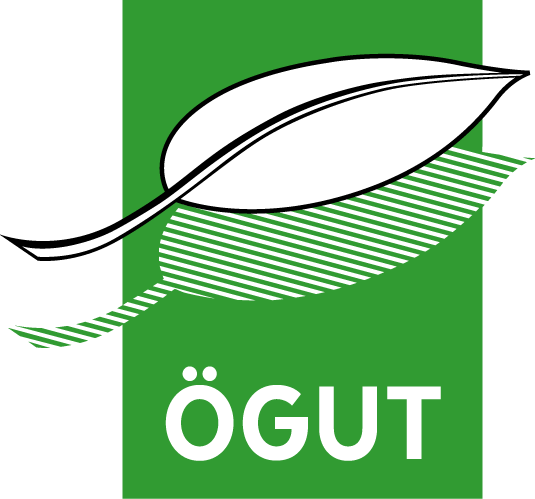Resources & Consumption
Focus Areas
The economy and society are facing fundamental changes because we need to radically reduce our greenhouse gas emissions. This requires a sustainable use of resources and a conscious approach to consumer goods. In order to achieve the necessary resource turnaround, we need cooperative and regional economic cycles that reduce global dependencies and take planetary boundaries into account. Largely closed material cycles and the use of renewable, regenerative, biogenic resources are promising approaches to achieving these goals.
In the field of resources and consumption, ÖGUT supports the implementation of innovative and resource-efficient value creation cycles with strategic process support and by establishing and supporting stakeholder networks.
Main areas of work
- Strategy development
We support strategy processes and draw up development paths for municipalities, companies and politicians, in particular for the implementation of the national circular economy strategy. To this end, we highlight relevant requirements, identify relevant starting points, bring together key decision-makers and provide impetus for a successful transformation. - Research & consulting
We conduct studies and (economic) assessments on the sustainable use of resources and work on applied research projects. - Networking
An important focus of our activities is the networking of stakeholders in our subject areas. ÖGUT initiates, organises and moderates round tables and platforms in the field of resources and consumption. Important current topics are reflected upon, discussed and summarised in policy briefs, statements, worksheets and position papers. - Information and communication
We disseminate knowledge about current developments and research findings in the field of the circular economy and the bio-based industry, sustainable resource utilisation and innovative solutions for sustainable consumption. We manage information and communication platforms such as www.nachhaltigwirtschaften.at, create awareness-raising materials (brochures, short videos, etc.), design and organise events (e.g. stakeholder dialogues, ÖGUT themed breakfasts) and present awards
